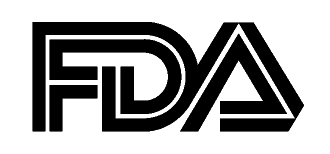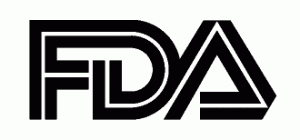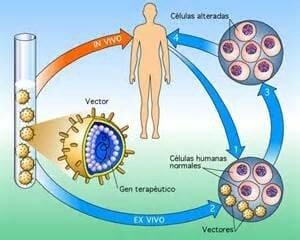FDA Approves Drug Produced in Transgenic Chicken

 The Food and Drug Administration (FDA) has approved Alexion’s Kanuma (sebelipase alfa), a compound for the treatment of the rare disease lysosomal acid lipase (LAL) deficiency. This is the second time the FDA approves a drug produced in genetically engineered (GE) animals.
The Food and Drug Administration (FDA) has approved Alexion’s Kanuma (sebelipase alfa), a compound for the treatment of the rare disease lysosomal acid lipase (LAL) deficiency. This is the second time the FDA approves a drug produced in genetically engineered (GE) animals.
In 2009, the pharmaceutical company GTC Biotherapeutics obtained FDA approval to commercialize the anticoagulant ATryn for patients with hereditary antithrombin (AT) deficiency. Atryn was produced in the milk of transgenic goats. That was the first time the FDA approved a drug produced in GE animals. Seven years later, Alexion has permission to sell Kanuma, a drug produced in chicken modified to produce rhLAL -a functional LAL protein to make up for the LAL deficiency in affected individuals-, which accumulates in the egg whites. rhLAL can be recovered from eggs with an extraction and purification protocol.
Alexion had to obtain permission from two FDA organisms to introduce the rhLAL-producing recombinant DNA construct in chicken: the Center for Drug Evaluation and Research (CDER) and the Center for Veterinary Medicine (CVM). Both organizations checked that the GE chicken actually produce rhLAL, that they do not suffer as a result, and that Alexion took all measures needed to avoid GE chicken or eggs filtering to the food chain.
Source: FDA



